“The ACT Integrity Commission has been tardy. Despite being established since July 1, 2019, it has still not produced any anti-corruption reports,” writes political columnist MICHAEL MOORE.
THE ACT’s Integrity Commission was the most recent anti-corruption commission to be established in Australia. The only jurisdiction left is the federal government, but perhaps they have too much to hide!
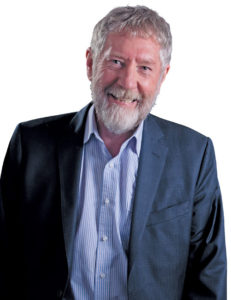
Despite election promises, the federal government has resisted the establishment of any form of anti-corruption body with serious powers and the teeth to effectively investigate inappropriate and corrupt conduct. This failure comes at a time when there is less and less trust in government.
The ACT Integrity Commission’s 2019-2020 Annual Report explains the role as “an oversight body, in recognition of the necessity to ensure accountable and transparent government and government services for all citizens of the ACT”. The parallel is needed federally.
Even so, the ACT Integrity Commission has been tardy. Despite being established since July 1, 2019, it has still not produced any anti-corruption reports. The current commissioner, Michael Adams QC, was only appointed in early May this year with the chief executive officer being in place since late October, 2019.
So what has the ACT Integrity Commission been doing? Years have passed since the first complaints were made. The website of the commission indicates that “Investigation Reports” and “Special Reports” are “coming soon”. COVID-19 lockdowns have not helped with the office closed until October 18.
The fundamentals of the ACT Integrity Commission are summarised as “investigate, expose, prevent and educate”. An initial step of the commission identified in the annual report was “its corruption prevention and education function with the inclusion of documentation on its website”.
There is an education and prevention strategy that concludes with a vision “to be recognised as a leader and trusted adviser in the development of practical, best-fit corruption prevention initiatives, which promote and enhance the integrity of government”.
The strategy is just one page and is set out with three headings under “Our Approach” covering: first, “partnership with stakeholders to understand and prevent corruption”, second “anticipate and respond to the needs of the ACT government and community”, and finally “deliver best-fit corruption and prevention products and services”. It also has a few headings under “Our work”.
This strategy looks like a PowerPoint presentation that could have been prepared in an hour. Par for the course on the website! Simple, clear messages do have a role to play.
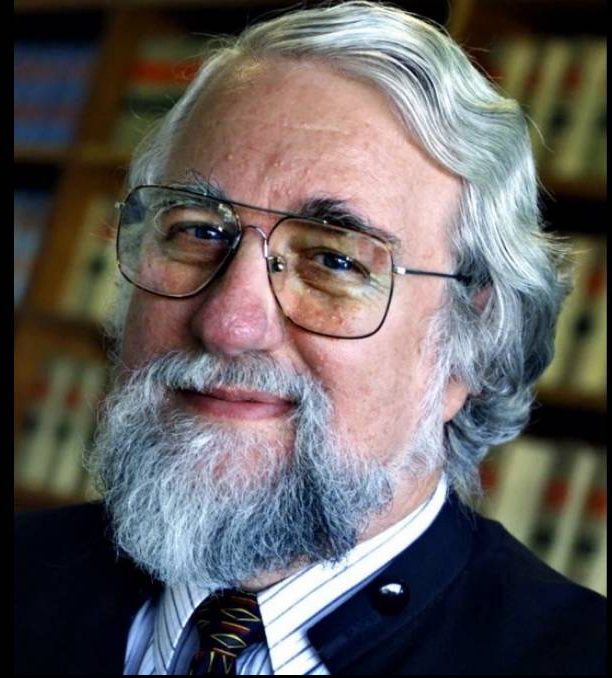
However, for anyone wondering what the commission has been doing for more than two years – there is nothing substantial to be found.
The media section has no media releases over the last two years. There is a two-page instruction on how the ACT Integrity Commission uses Twitter. The Twitter account is @ACTIntegrity which reveals that by May this year the commission had “received nearly 200 reports of alleged corrupt conduct”. With my addition they now have 74 followers.
When it comes to a federal anti-corruption and integrity commission, it is to be hoped that the legislation is powerful enough and any commission is appropriately funded to do the job. Greens Senator Larissa Waters has an explanation for the reluctance of the federal government.
Senator Waters tweeted a few weeks ago “of the 23 current members of the Morrison-Joyce Cabinet, 12 ministers – more than half – have been implicated in integrity scandals. It’s no wonder the PM doesn’t want a federal ICAC”.
Following the most recent Christian Porter scandal, Anthony Albanese reiterated the Labor promise to deliver on an ICAC.
Scandal-racked Christian Porter should be the straw that breaks the PM’s back. Minister Porter has accepted a large donation for personal legal bills through a blind trust. An ICAC should be investigating this. Porter has resigned as a Minister and should resign from Parliament.
The ABC’s David Speers pointed out the precedent when the Morrison government pursued Labor’s Sam Dastyari until he quit parliament “in disgrace” after a China-based company covered some of his personal legal bills. The then Attorney-General, Christian Porter, followed the resignation with a ban on foreign political donations to “improve Australia’s confidence in the political system”.
Anti-corruption and integrity commissions have become a key part of building trust in government and politics. There should be no more delay. An Australian national version must be established with serious teeth, be appropriately funded and get on with the job.
Michael Moore is a former member of the ACT Legislative Assembly and an independent minister for health. He has been a political columnist with “CityNews” since 2006.
Who can be trusted?
In a world of spin and confusion, there’s never been a more important time to support independent journalism in Canberra.
If you trust our work online and want to enforce the power of independent voices, I invite you to make a small contribution.
Every dollar of support is invested back into our journalism to help keep citynews.com.au strong and free.
Thank you,
Ian Meikle, editor

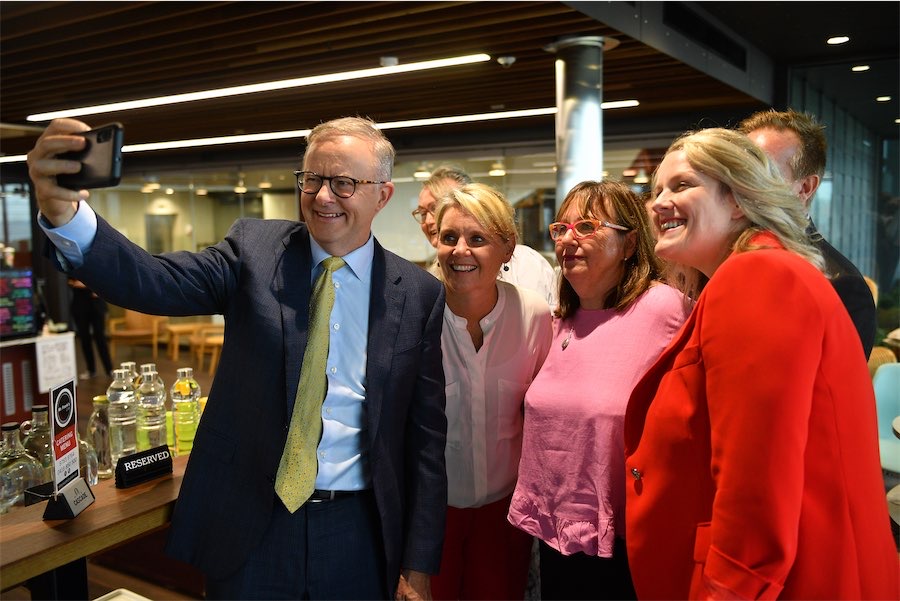
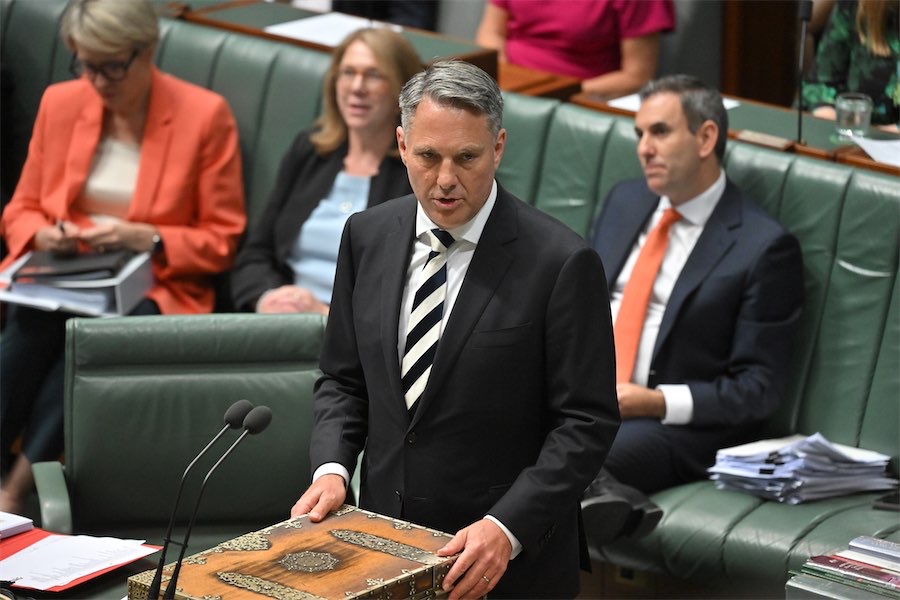
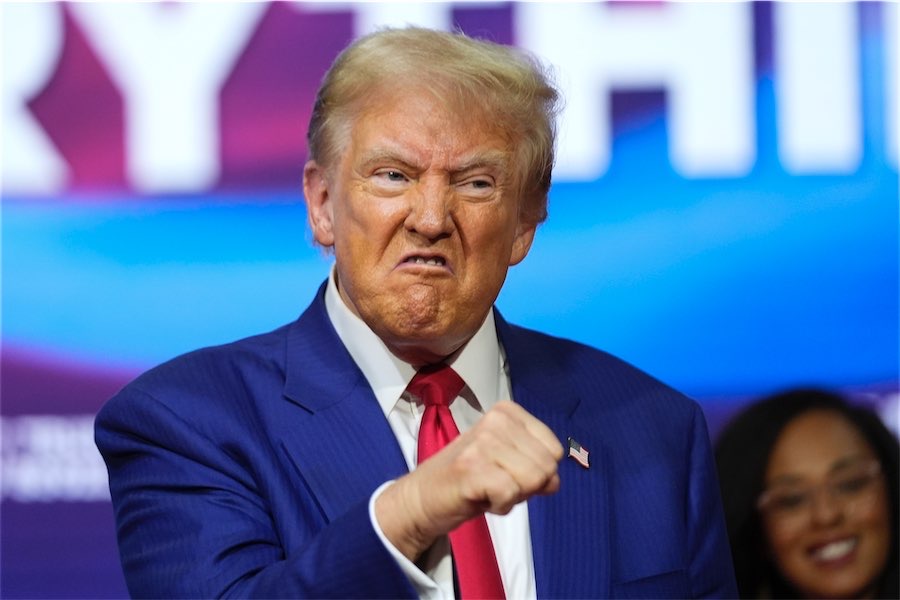

Leave a Reply